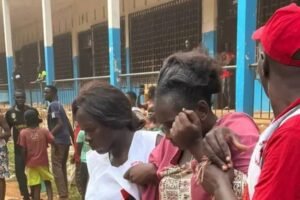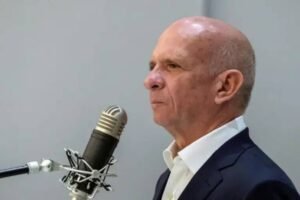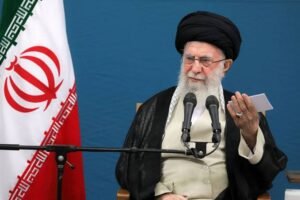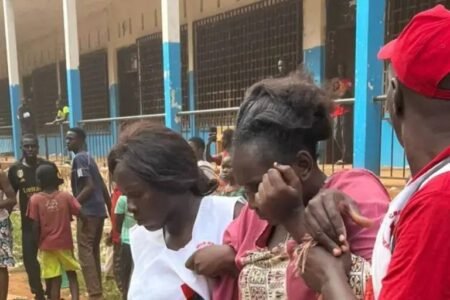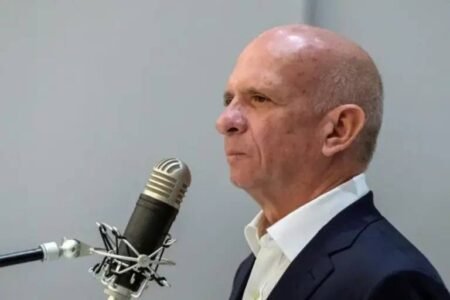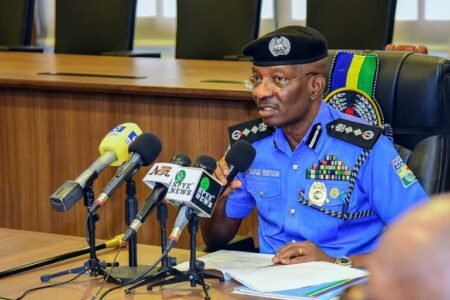The Nigeria Police Force has refuted allegations made by Amnesty International in its report on the #EndBadGovernance protests, labelling them as untrue, deceptive, and detrimental to the force’s image.
The report, dated November 28, 2024, accused police of extrajudicial killings during the protests, saying that at least 24 individuals were slain throughout six northern states.
The police have denied the report, titled “Bloody August: Nigeria Government’s Violent Crackdown on #EndBadGovernance Protests,” claiming that their results contradict Amnesty International’s charges.
At a news event on Sunday, Force Spokesperson Muyiwa Adejobi stated that a special investigative team had been formed to verify the charges.
He explained that the panel, in partnership with police commissioners from the impacted states, undertook extensive investigations and published a comprehensive report that exposed inconsistencies in Amnesty International’s charges.
“Amnesty International is advised to reflect on its frequent false reporting on Nigeria’s law enforcement activities and ensure its reports are accurate and contain a true and fair representation of events affecting national security and public safety. Accurate reporting of facts is essential to the integrity of any international organisation, and Amnesty International should not be an exception,” Adejobi said.
He added that the police would write to seek a correction of the story and a public apology for the alleged falsehoods.
“The Nigeria Police Force will, in due course, write to Amnesty International to demand the retraction of this report from the public domain along with a public apology.
“The Nigeria Police Force remains resolute in protecting the rights of all citizens while ensuring the security and stability of the nation. We, therefore, urge the public to be wary of sensational reports designed to incite mistrust and weaken confidence in law enforcement institutions,” Adejobi said.
Releasing the police findings in Borno, Adejobi stated that the police did not employ grenades as claimed by the group.
He said, “In Borno State, it was established that the protesters were violent, engaging in widespread looting, pillaging, and wanton destruction of public and private property. For example, the Skill Acquisition Centre of the United Nations High Commission for Refugees was looted and vandalised.
“The warehouse of the World Food Programme, located on Baga/Maimalari Barracks Road, Maiduguri, was also looted, with several items belonging to the international organisation destroyed and stolen by some of the protesters.
“Therefore, the claims by Amnesty International that the police threw a hand grenade from a convoy of vehicles into a filling station, killing three persons, are a blatant falsehood and leave right-thinking members of society dismayed at this reported falsehood by an international agency that ought to act in accordance with international norms and standards of fair and honest reporting of human rights violations in the country.”
In Niger State, Adejobi stated that the report that three people were shot dead in Suleja was refuted by police investigations.
Adejobi said the purported killing of a 21-year-old in Katsina was likewise proven to be unfounded, and local sources confirmed that no such incident occurred.
Also in Kaduna State, Adejobi stated that, contrary to Amnesty International’s report, there were no protests or police killings on October 1, 2024.
He stated that instead, an incident involving the Nigerian Army was identified and openly investigated.
Adejobi stated that Amnesty International reported the murders of two women and a man during protests in Jigawa, but police investigations found no such fatalities, and evidence suggested that the lone fatality was caused by protester violence rather than police action.
In Kano State, Adejobi stated that the report cited 12 deaths in Kano as a result of police activities, but investigations revealed that these deaths were caused by violent conflicts between looters and criminals, not police involvement.
